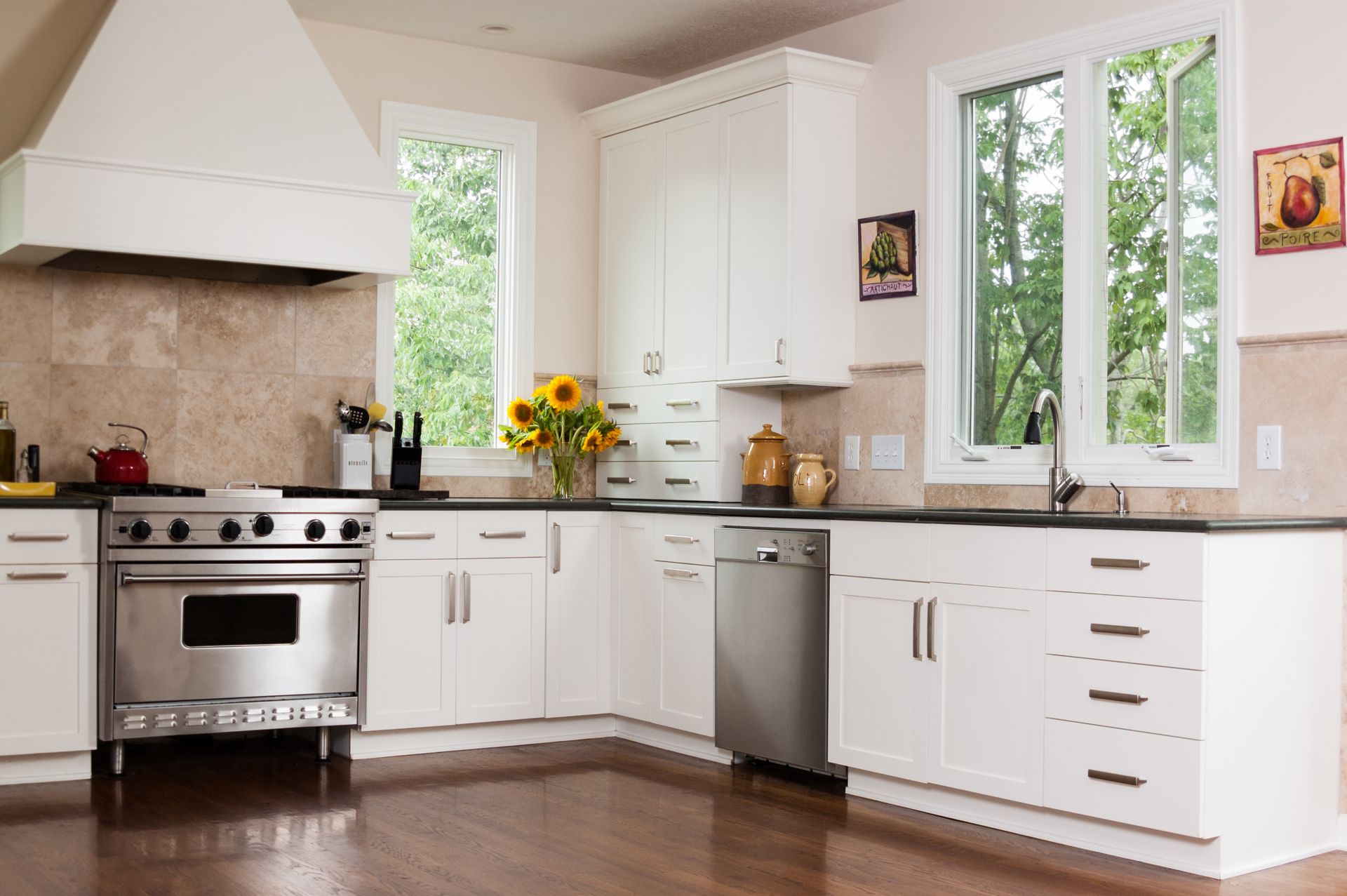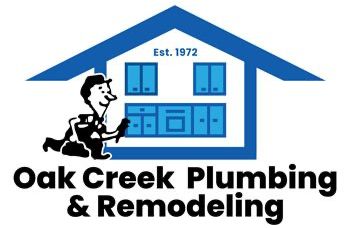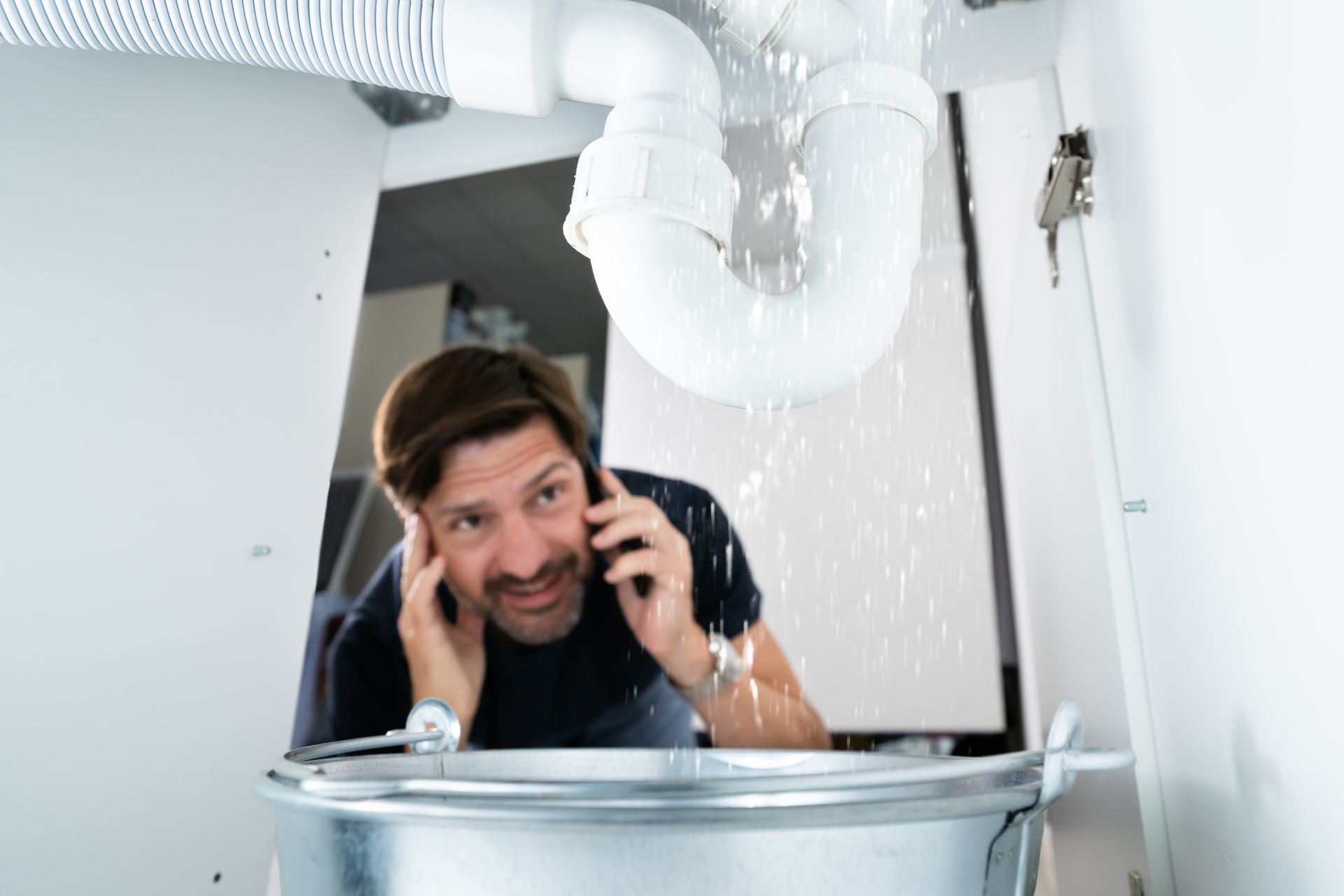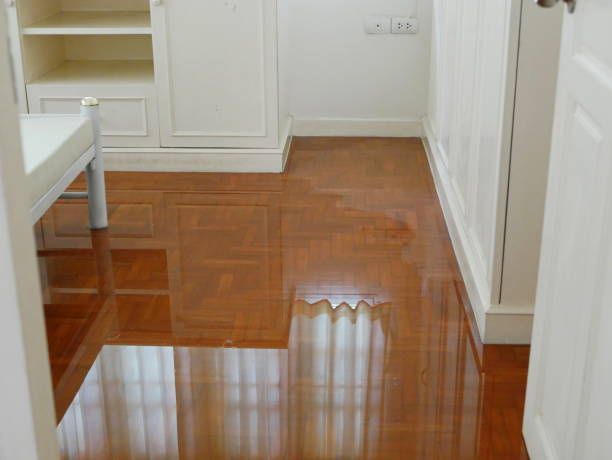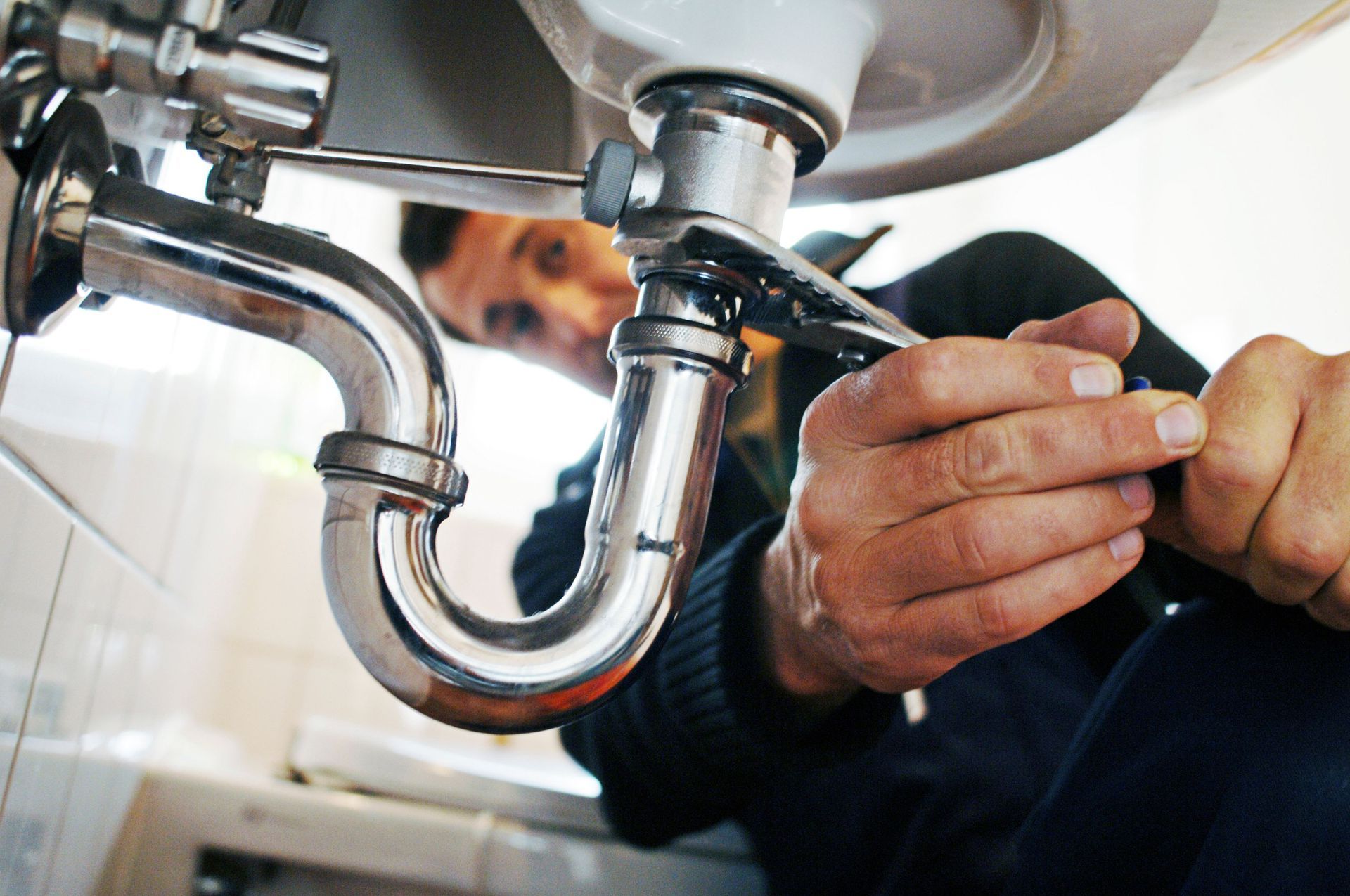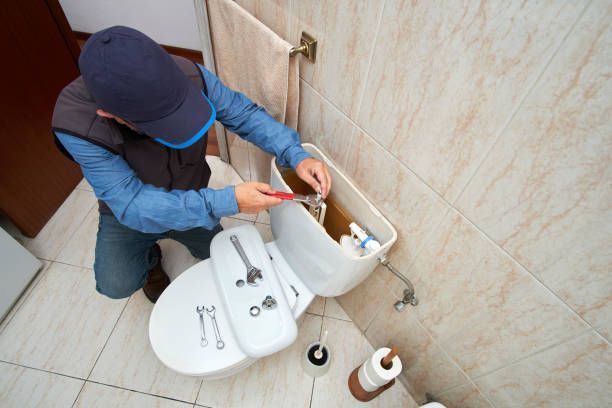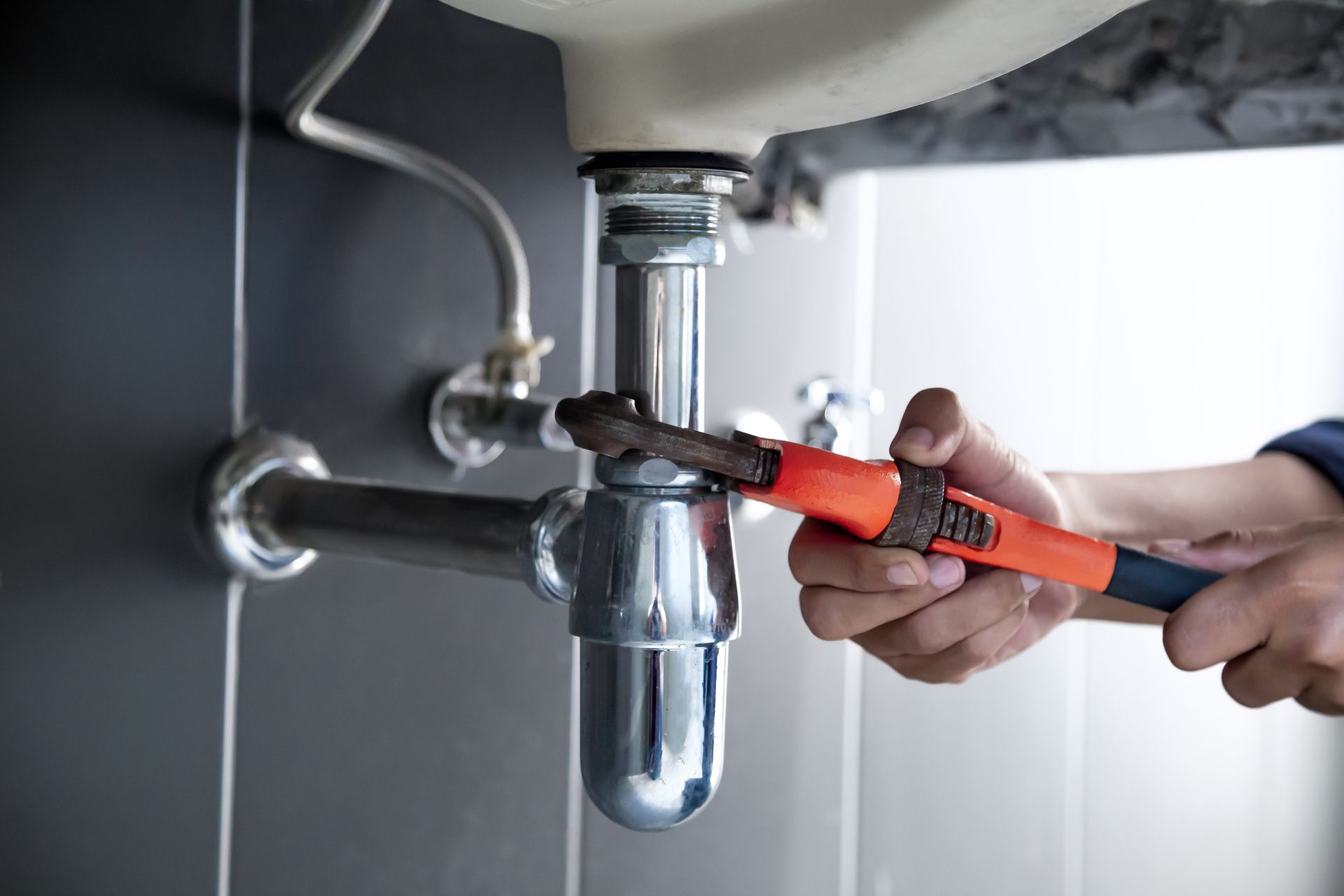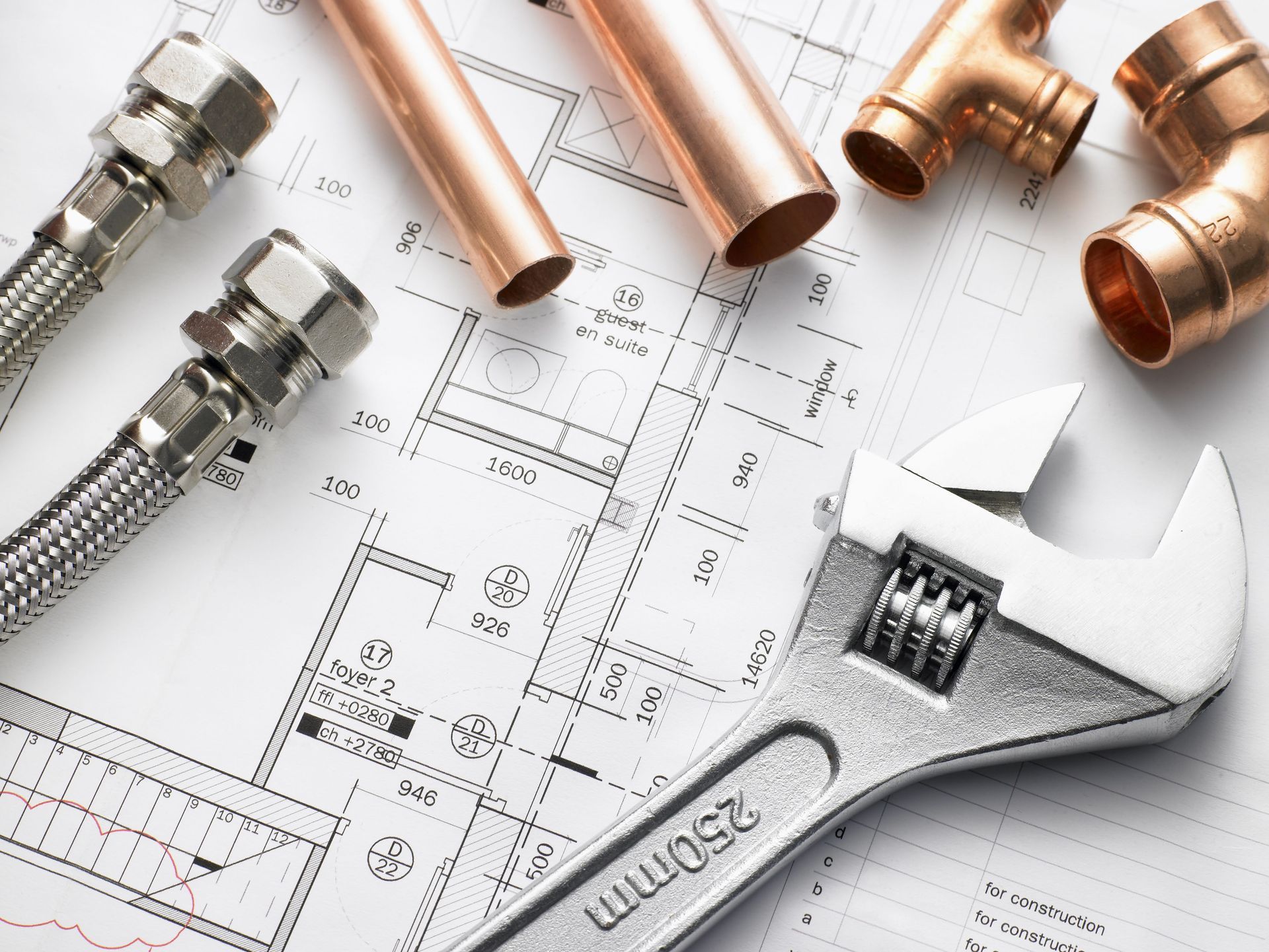Tankless Versus Storage Tank Water Heaters
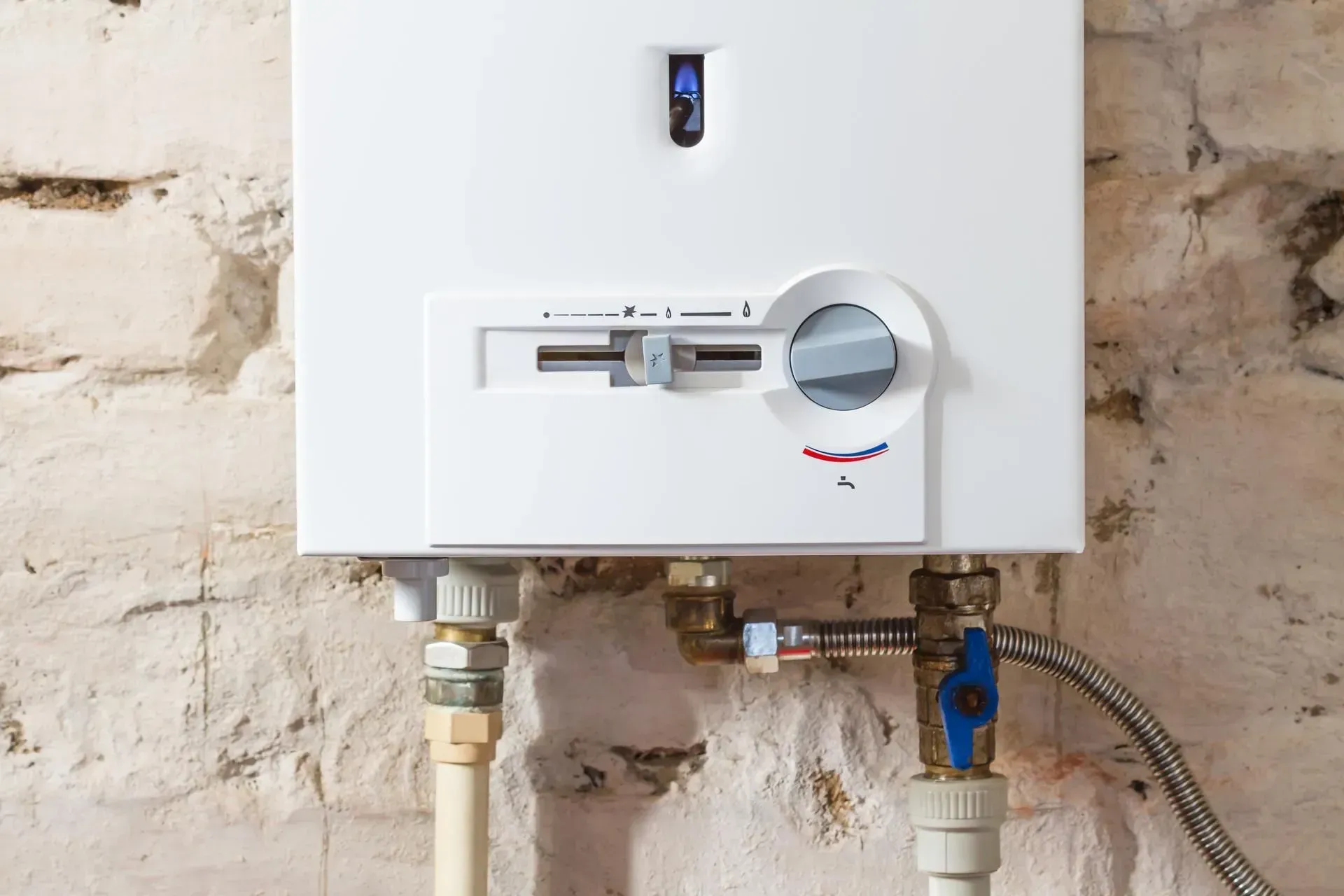
If you need a new water heater, you may debate between storage tank and tankless models. Tankless and tank heaters serve the same purpose but work differently. Check out the guide below for choosing between the two heating options.
Functionality
Most homeowners are familiar with storage tank water heaters, which have a tank capacity between 20 and 80 gallons, depending on your family's size. When water fills the tank, it is heated by electricity, oil, gas, or propane, and the water is sent to the hot water tap. The tank continuously heats water, so your house always has a hot water supply.
However, the tank can run out of hot water if you take long showers or several people shower at once. When this happens, you must wait for the tank to fill up and heat all the water.
A tankless water heater has no storage reserve. Instead, powerful burners instantly heat water as it passes through the heating exchanger to your sinks and showers. The heaters run on electricity or natural gas. Tankless heaters can be whole-house systems or smaller units on each appliance or faucet.
Efficiency
The major drawback of storage tank heaters is the standby heat losses that occur as hot water sits in the tank. When the temperature of the tank's water drops below a specific threshold, the heater warms it again, using a lot of energy to reheat water throughout the day. Insulation and an Energy-Star label can mitigate some of these energy losses.
A tankless heater saves more energy than storage units by heating water only when needed. Tankless heaters can be up to 34% more efficient if you use 41 gallons or less and 14% if you use 86 gallons of hot water. You can also get more energy savings by installing a tankless heater at every hot water outlet.
Purchase Costs
Tank-style heaters typically cost less than tankless models, but prices vary widely between models of each heater type. For instance, gas tank heaters are more expensive than electric-powered models.
The price for a storage tank heater depends on the brand, fuel source, capacity, and dimensions. Solar-powered tankless water heaters are also pricier than tankless heaters running on other fuels. Although tankless water heaters cost more upfront, they provide long-term savings in improved energy efficiency.
Installation
Installation costs and complexity also differ significantly between the two types of water heaters. Installing a conventional unit is simpler because heating technicians don't have to modify your home.
If you upgrade to a tankless heater, plumbing, wiring, and venting modifications may be necessary. For instance, electric heaters draw 120 to 160 amps of power, and your electrical system may need a capacity of 200 amps or more. Gas tankless models also have unique venting and gas-supply specifications for safety.
Tankless heaters typically cost more to install due to the reconfigurations. If you want to save money and enjoy the convenience of on-demand heaters, install point-of-use heaters at different locations in the house.
Lifespan
Storage tank heaters have a lifespan of 10 to 15 years, while tankless heaters last 20 years or more. The stored water facilitates rust and corrosion in storage heaters, leading to a shorter lifespan.
Flushing the tank, regular maintenance, and changing the anode rods are some ways to make the tank heater last longer. Additionally, consider water softening if the water in your area is hard since the minerals build up in the tank and cause premature failure.
Oak Creek Plumbing & Remodeling experts are ready to help you select a durable, energy-efficient, and convenient heater for your home. We have spent much time learning and working with every model and base our recommendations on your unique needs. Contact us today for prompt water heater installation and repair services.
